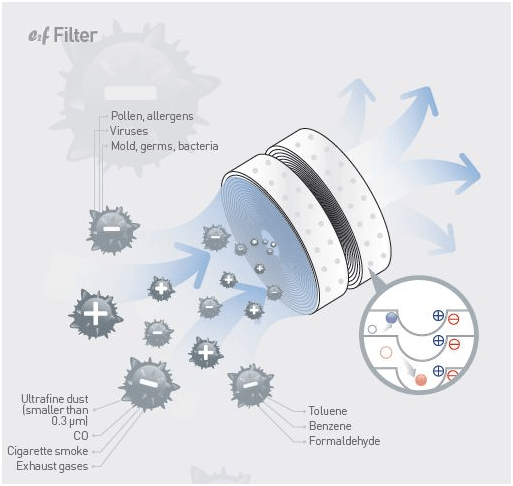The Future Of Home Heating - Exactly How Heatpump Modern Technology Is Progressing
The Future Of Home Heating - Exactly How Heatpump Modern Technology Is Progressing
Blog Article
Content Develop By-Svensson Oliver
Heatpump will be a crucial technology for decarbonising heating. In a situation consistent with governments' announced power and climate commitments, their international capability increases by 2030, while their share in home heating rises to one-quarter.
They work best in well-insulated homes and count on electricity, which can be provided from an eco-friendly power grid. Technological developments are making them extra reliable, smarter and less costly.
Gas Cells
Heat pumps utilize a compressor, refrigerant, coils and followers to move the air and warm in homes and appliances. They can be powered by solar energy or electricity from the grid. They have been acquiring appeal because of their inexpensive, silent operation and the capacity to create electricity throughout peak power need.
Some companies, like IdaTech and BG MicroGen, are servicing fuel cells for home heating. These microgenerators can change a gas central heating boiler and create several of a residence's electric demands with a link to the electrical power grid for the remainder.
However there are https://www.lancastereaglegazette.com/story/life/2022/07/05/healthy-habits-avoid-heat-related-illnesses-summer/7745938001/ to be hesitant of using hydrogen for home heating, Rosenow claims. It would be pricey and inefficient compared to various other modern technologies, and it would certainly include in carbon discharges.
Smart and Connected Technologies
Smart home modern technology enables home owners to attach and manage their tools remotely with using smartphone applications. As an example, smart thermostats can discover your heating choices and instantly adjust to enhance energy intake. Smart illumination systems can be controlled with voice commands and automatically shut off lights when you leave the room, reducing energy waste. And wise plugs can keep an eye on and manage your electrical usage, permitting you to recognize and limit energy-hungry devices.
The tech-savvy family illustrated in Carina's interview is an excellent illustration of how occupants reconfigure space heating techniques in the light of new clever home modern technologies. They count on the devices' automated attributes to execute daily modifications and regard them as a hassle-free ways of performing their heating techniques. Therefore, they see no factor to adapt their techniques even more in order to make it possible for flexibility in their home power need, and interventions targeting at doing so may deal with resistance from these houses.
Electrical energy
Because warming homes make up 13% people exhausts, a switch to cleaner choices can make a huge difference. But the modern technology deals with obstacles: It's expensive and requires considerable home restorations. And it's not constantly suitable with renewable energy resources, such as solar and wind.
Up until just recently, electric heatpump were also costly to take on gas designs in many markets. But new innovations in style and products are making them a lot more inexpensive. And much better cold environment efficiency is enabling them to work well even in subzero temperatures.
The next action in decarbonising heating might be the use of warmth networks, which draw warmth from a main source, such as a nearby river or sea inlet, and distribute it to a network of homes or buildings. That would certainly minimize carbon discharges and enable houses to capitalize on renewable resource, such as green electrical power from a grid supplied by renewables. This option would be much less expensive than switching over to hydrogen, a fossil fuel that needs new facilities and would only decrease CO2 discharges by 5 percent if paired with improved home insulation.
Renewable resource
As power rates drop, we're starting to see the very same trend in home heating that has driven electrical automobiles into the mainstream-- yet at an even much faster rate. The solid climate instance for impressive homes has been pressed better by new research.
Renewables make up a substantial share of modern-day heat consumption, yet have been offered restricted policy attention around the world compared to other end-use industries-- and also less focus than electrical power has. In part, this shows a mix of consumer inertia, split rewards and, in numerous countries, aids for nonrenewable fuel sources.
heatpump installation christchurch could make the change easier. For instance, heatpump can be made more power effective by replacing old R-22 refrigerants with new ones that don't have the high GWPs of their predecessors. Some experts also envision area systems that draw heat from a close-by river or sea inlet, like a Norwegian arm. The warm water can then be made use of for heating and cooling in a community.